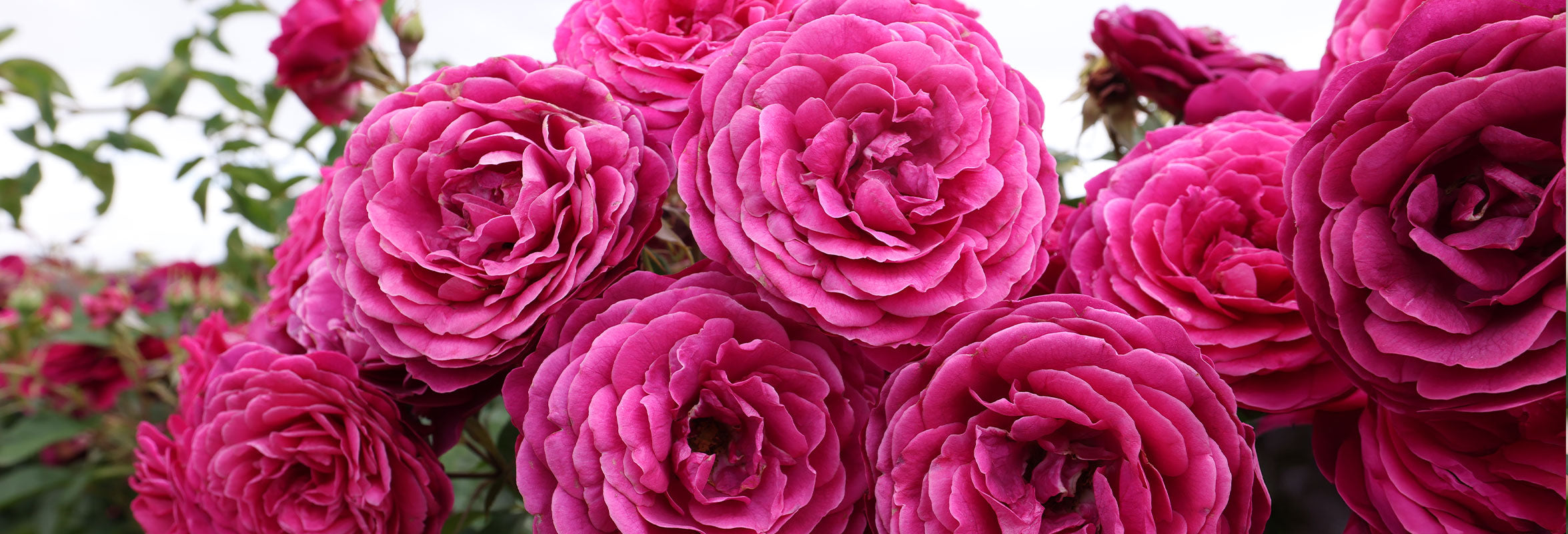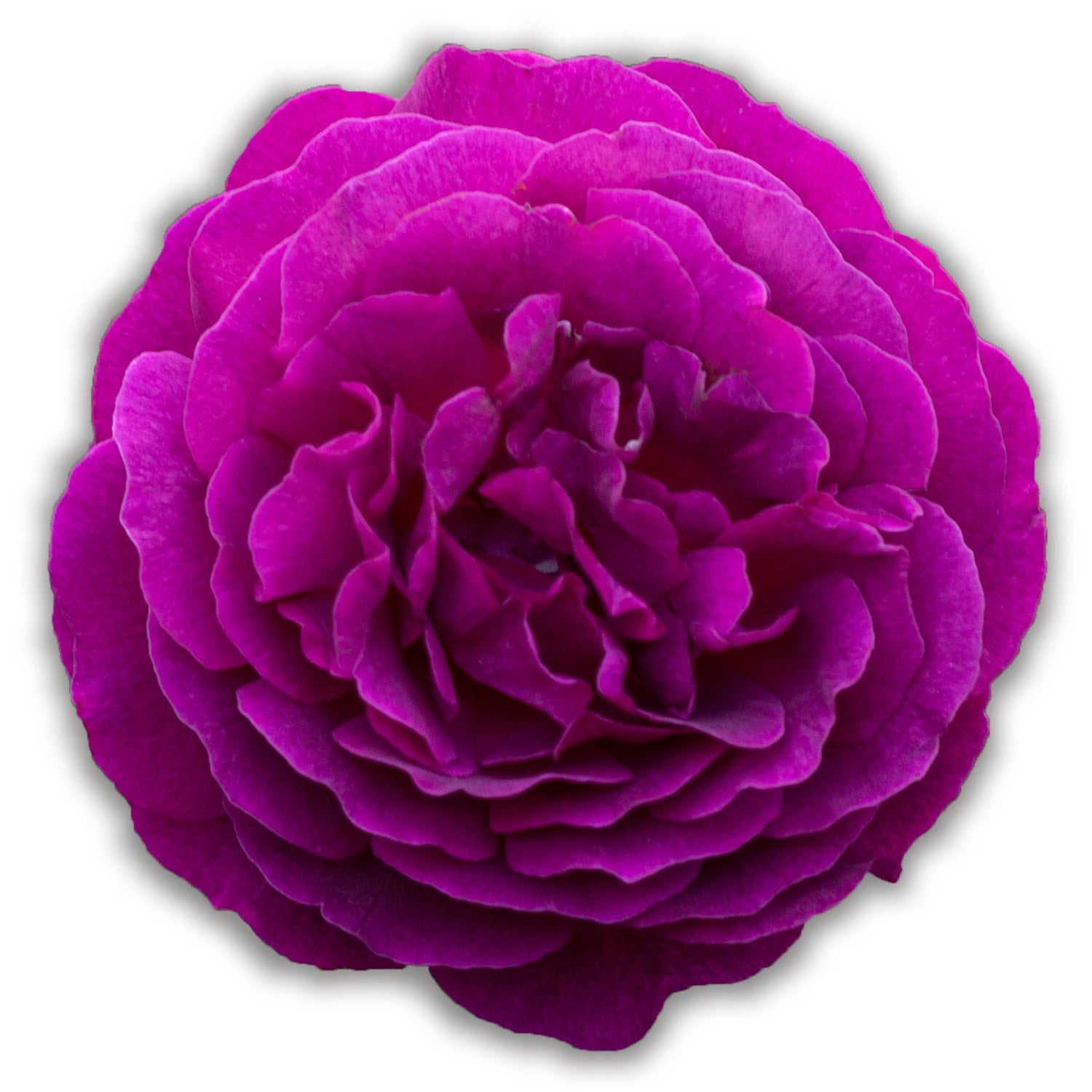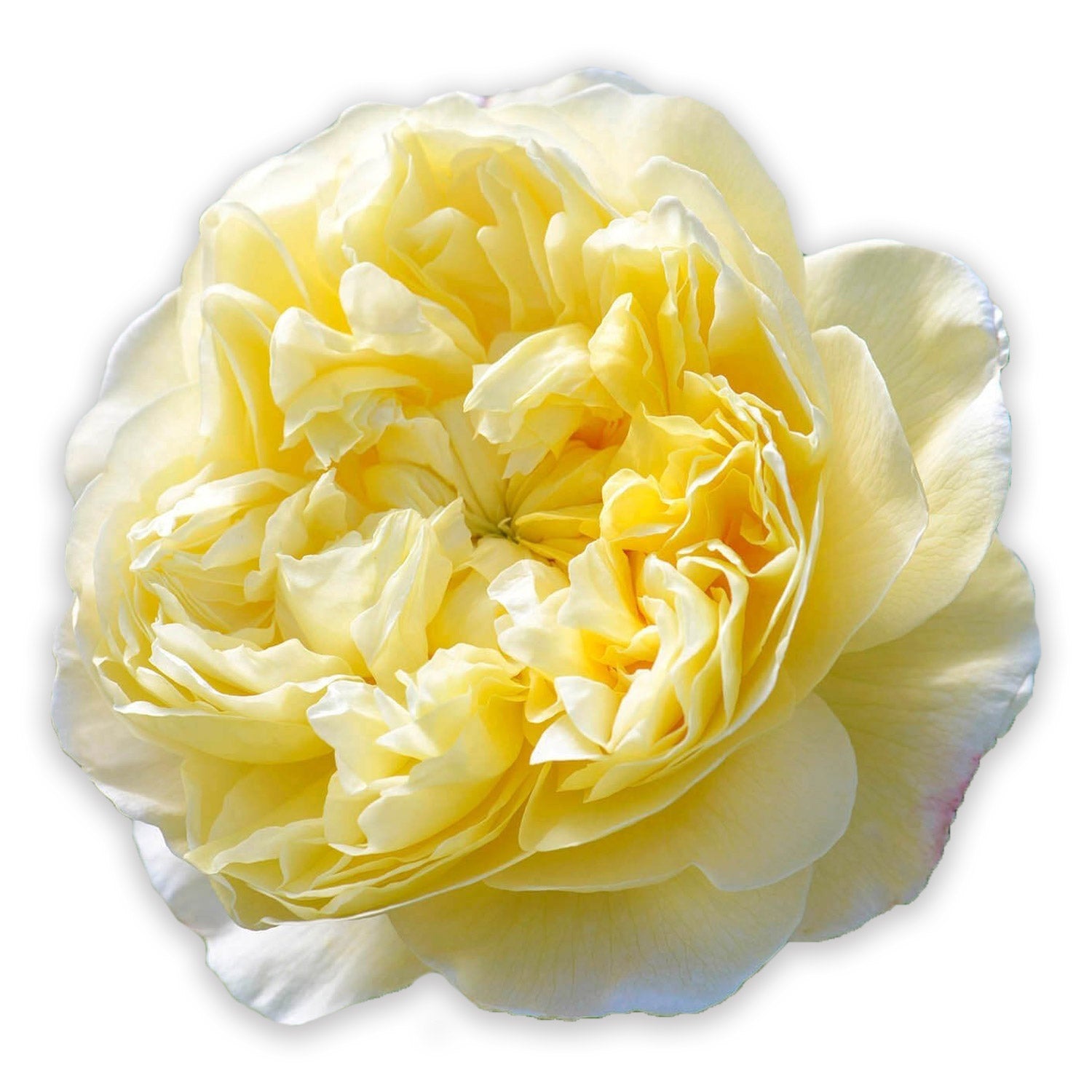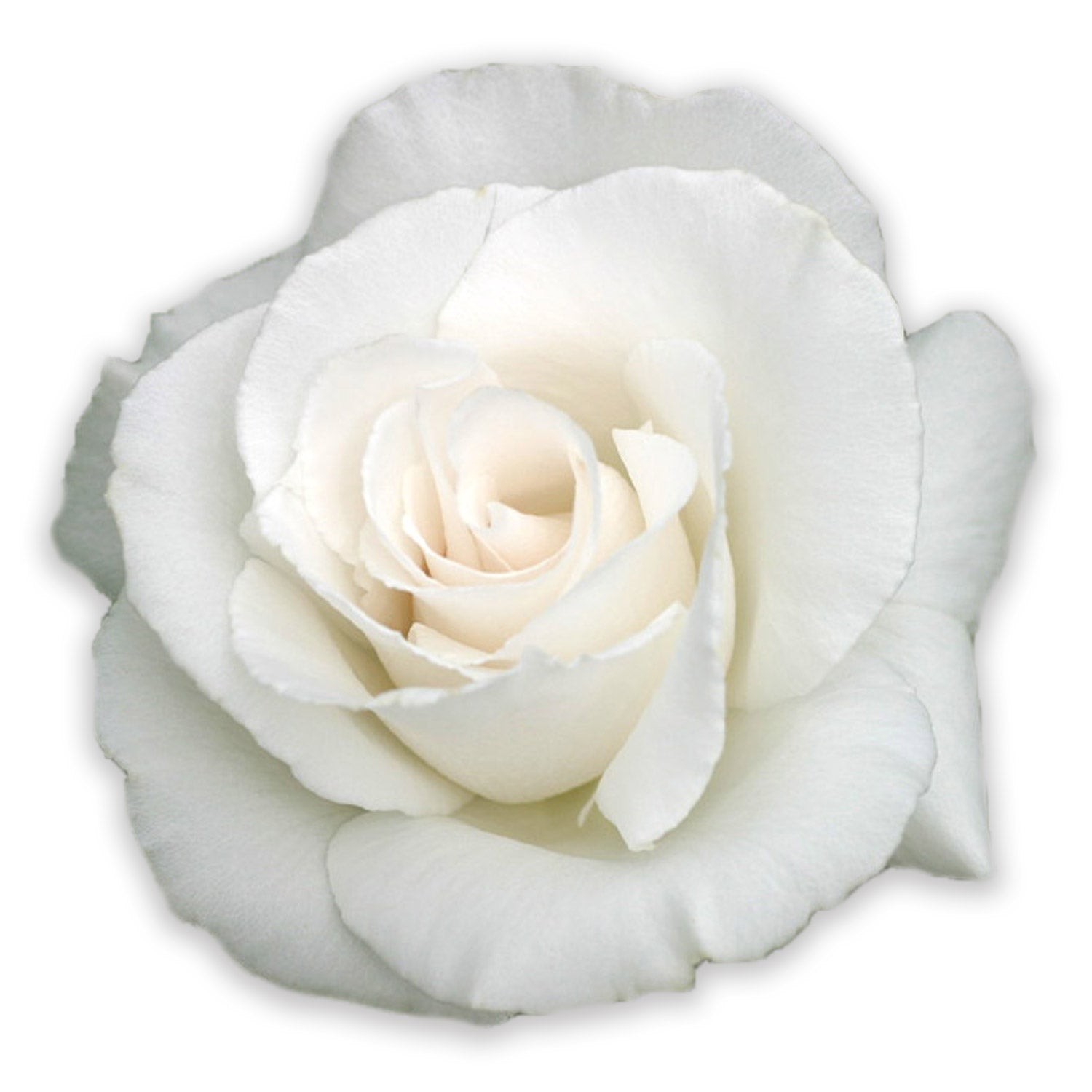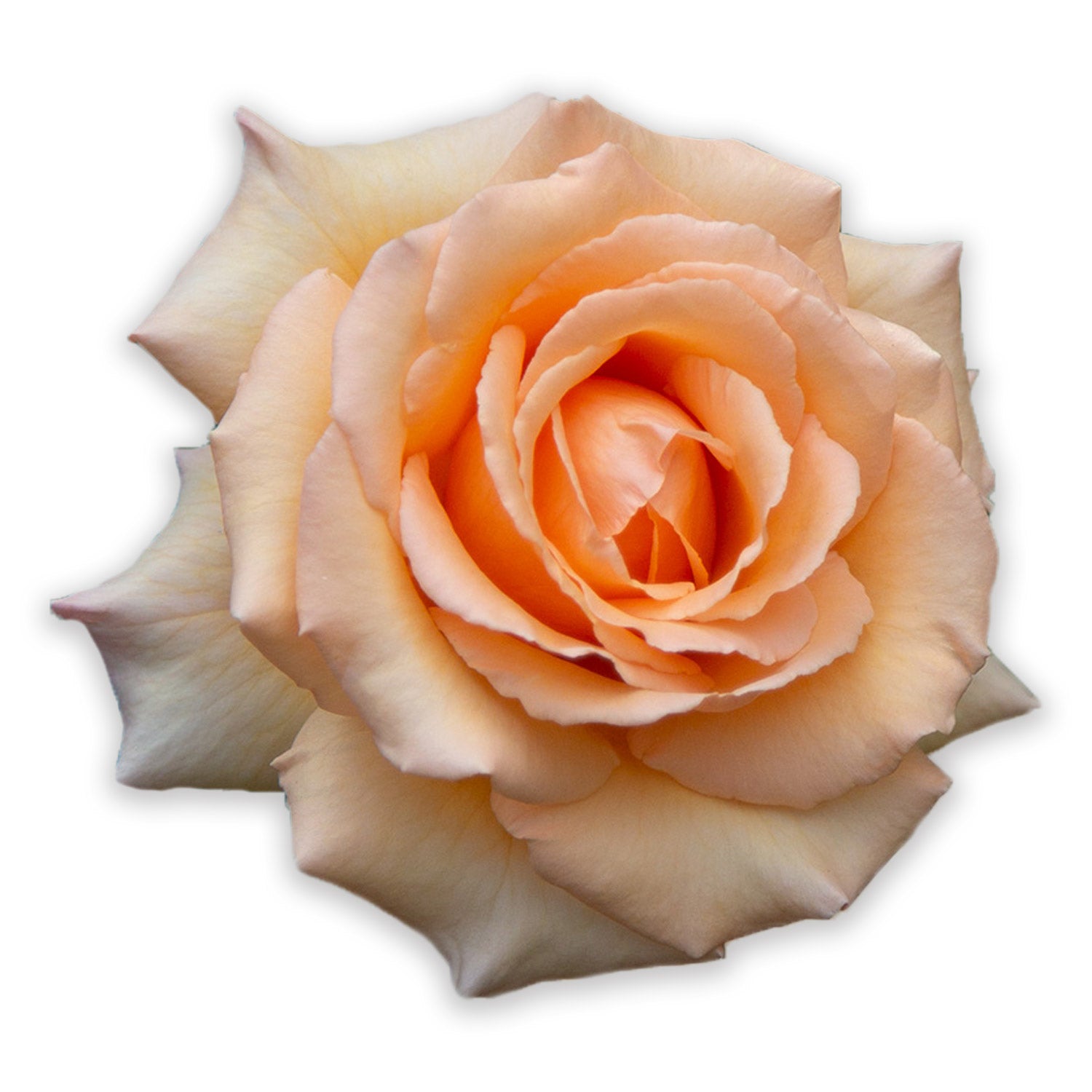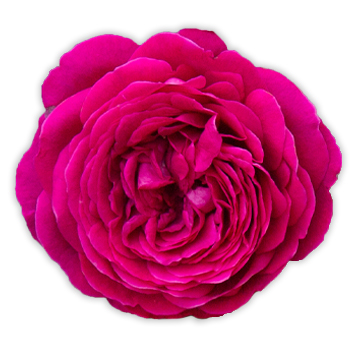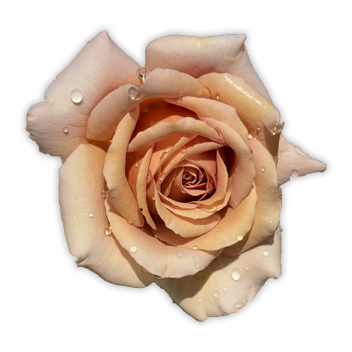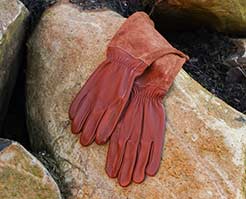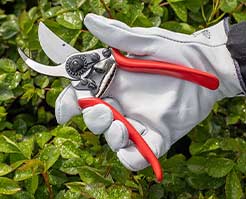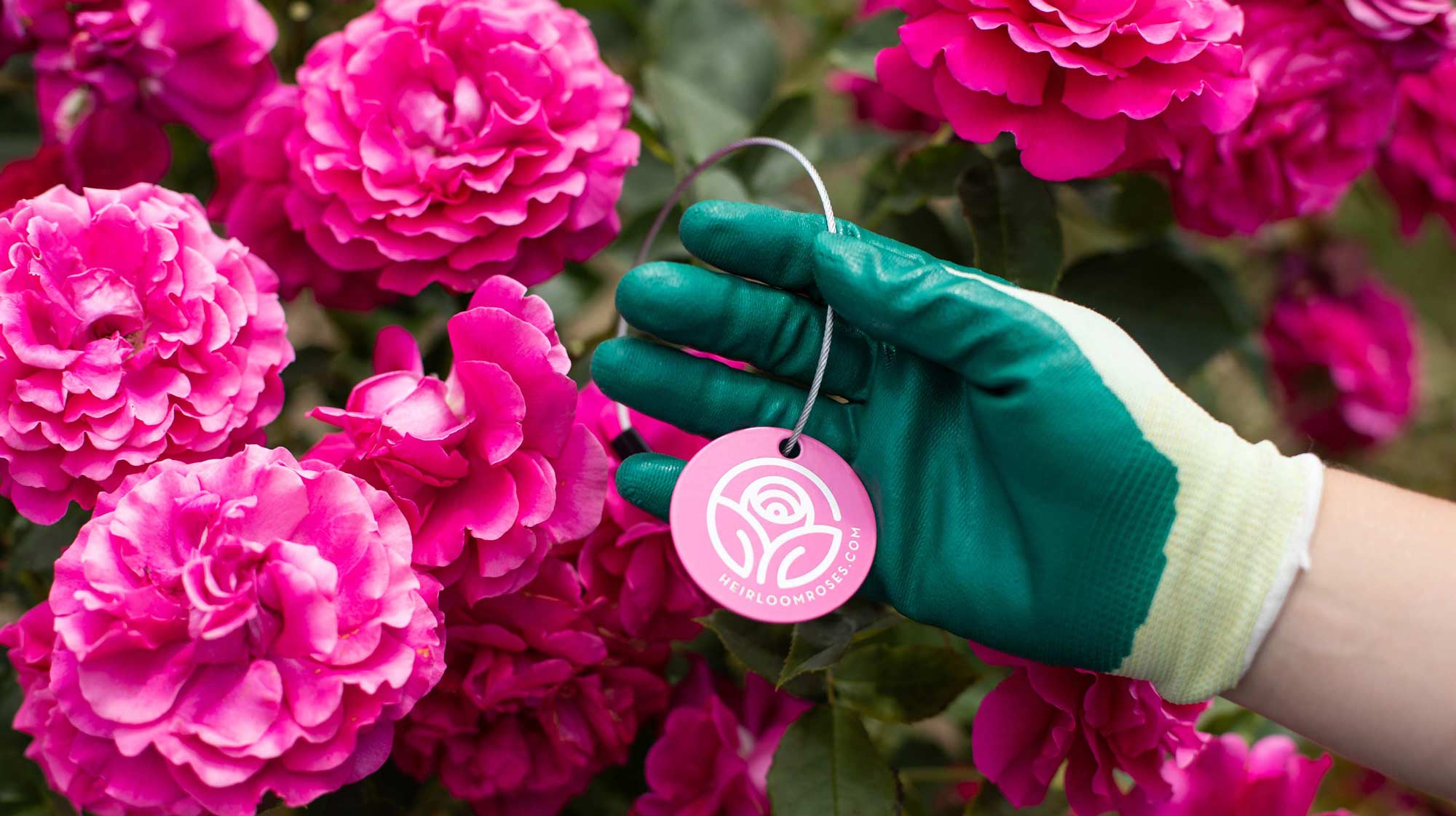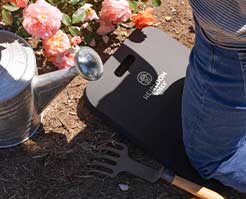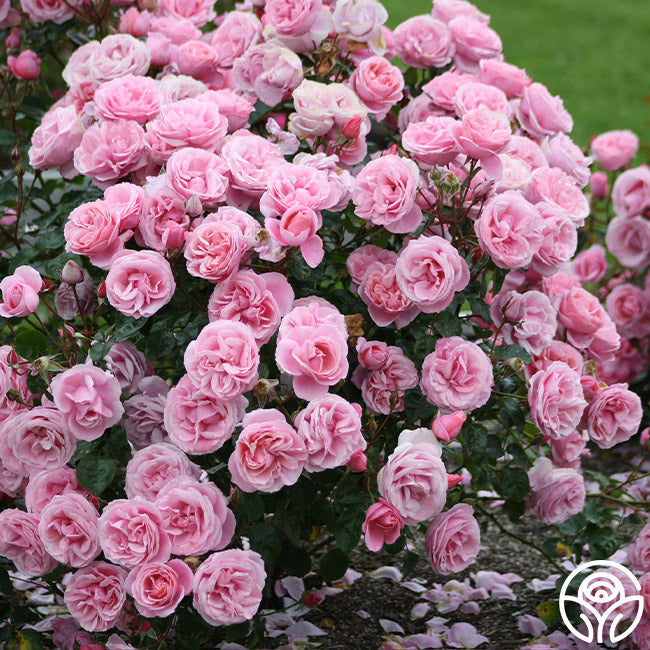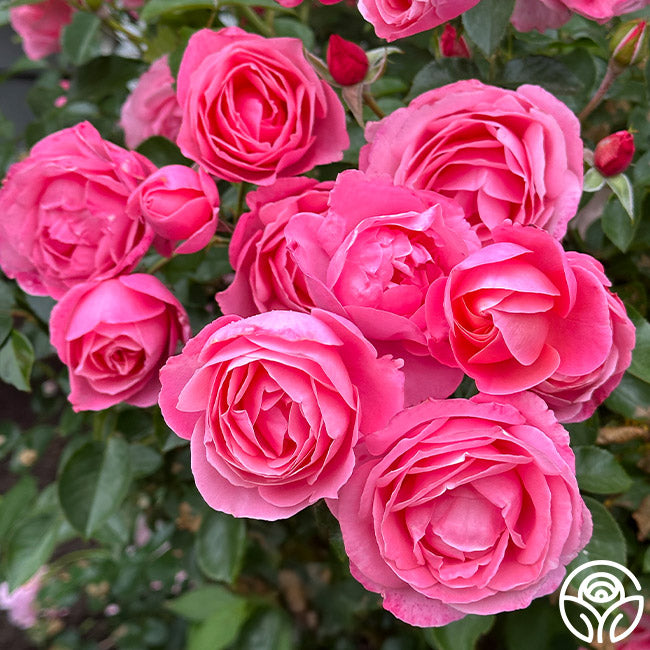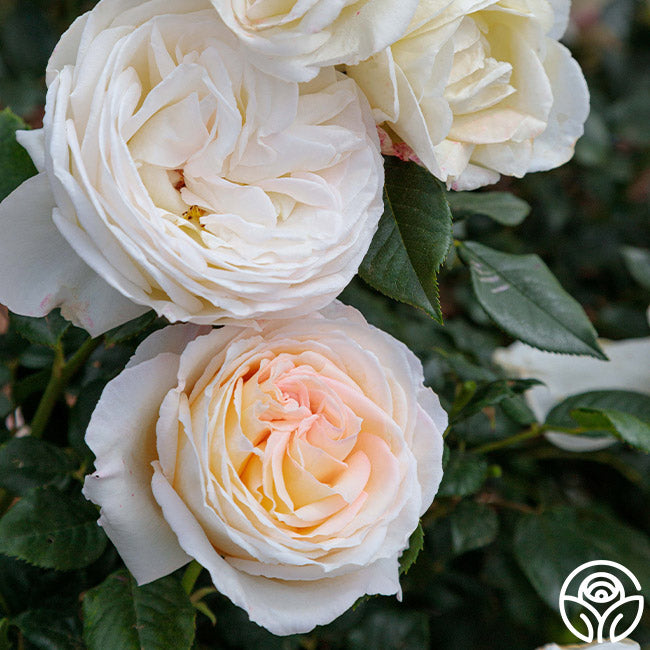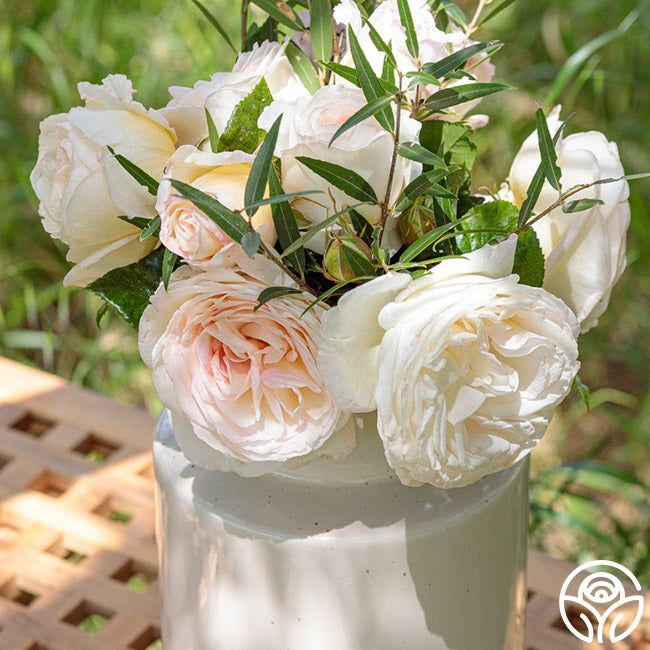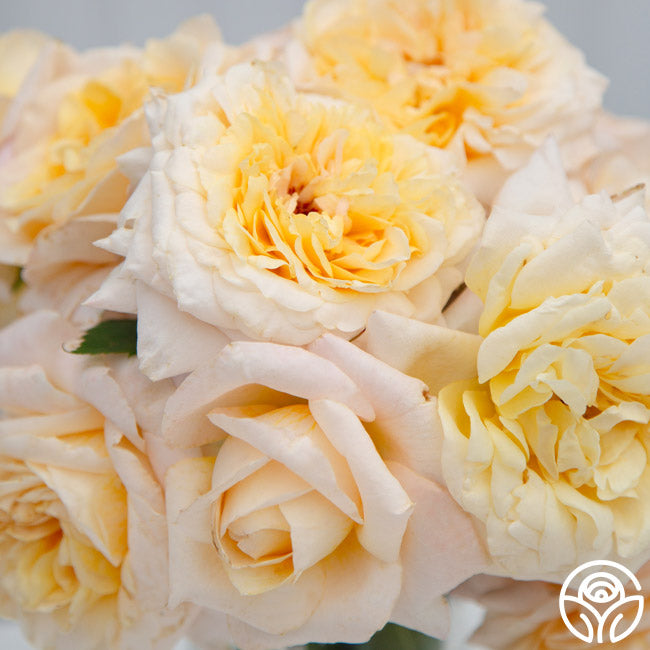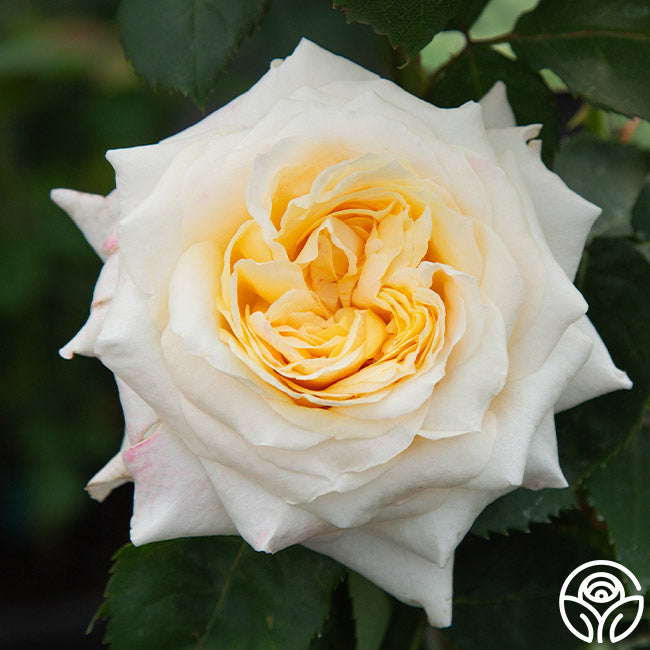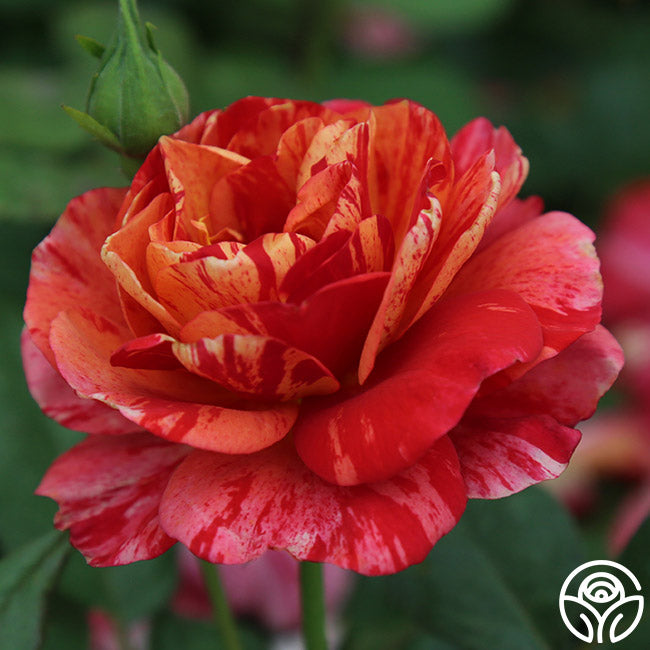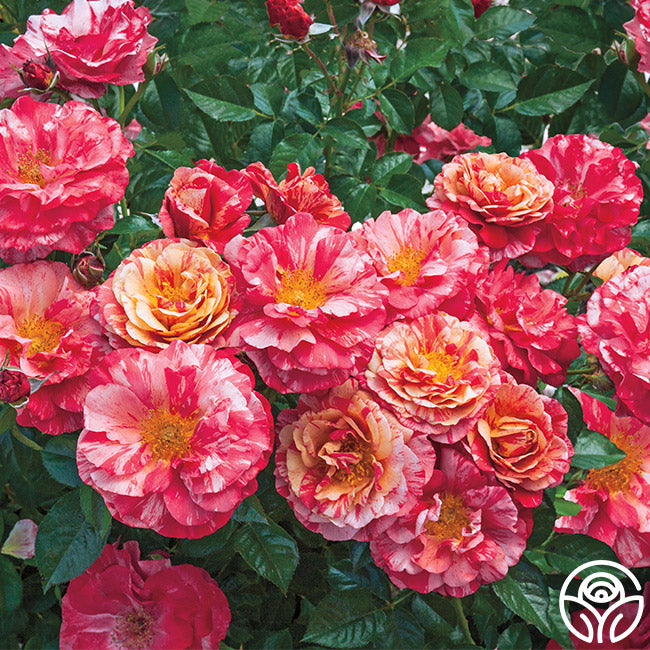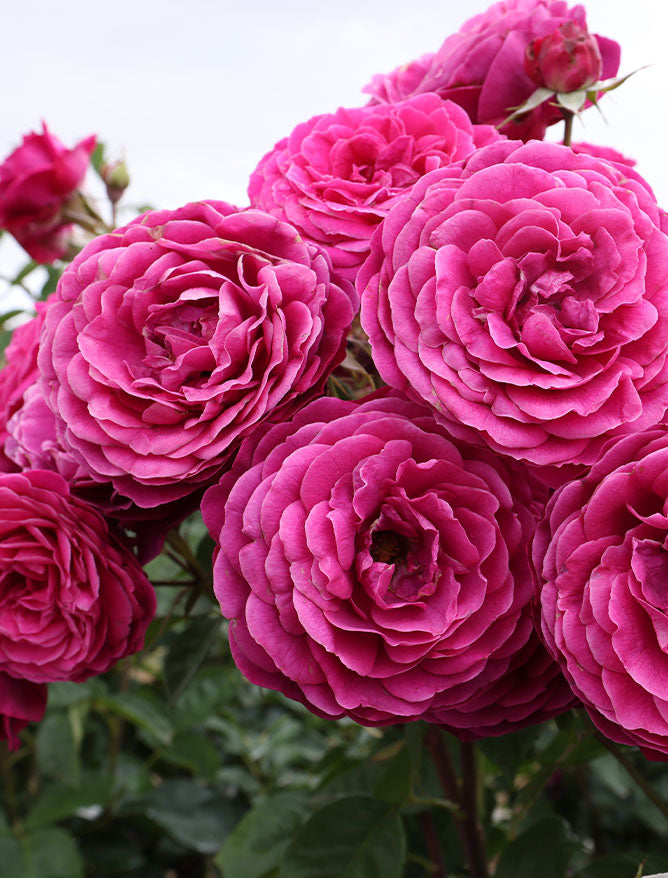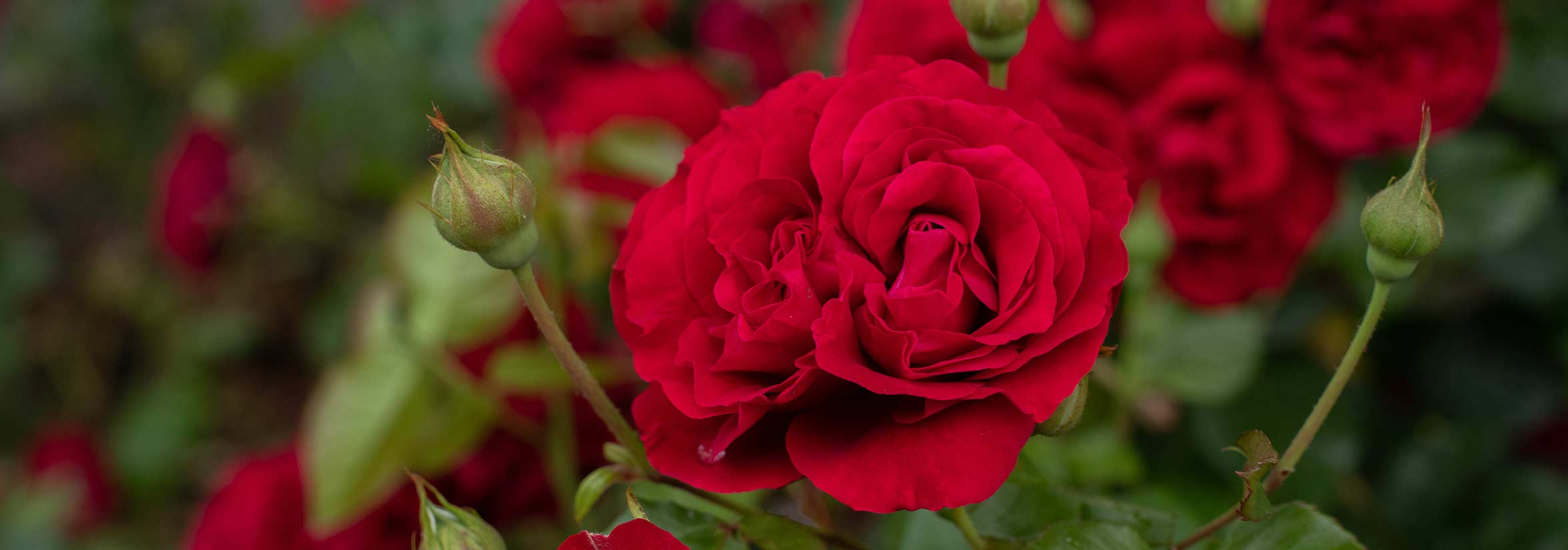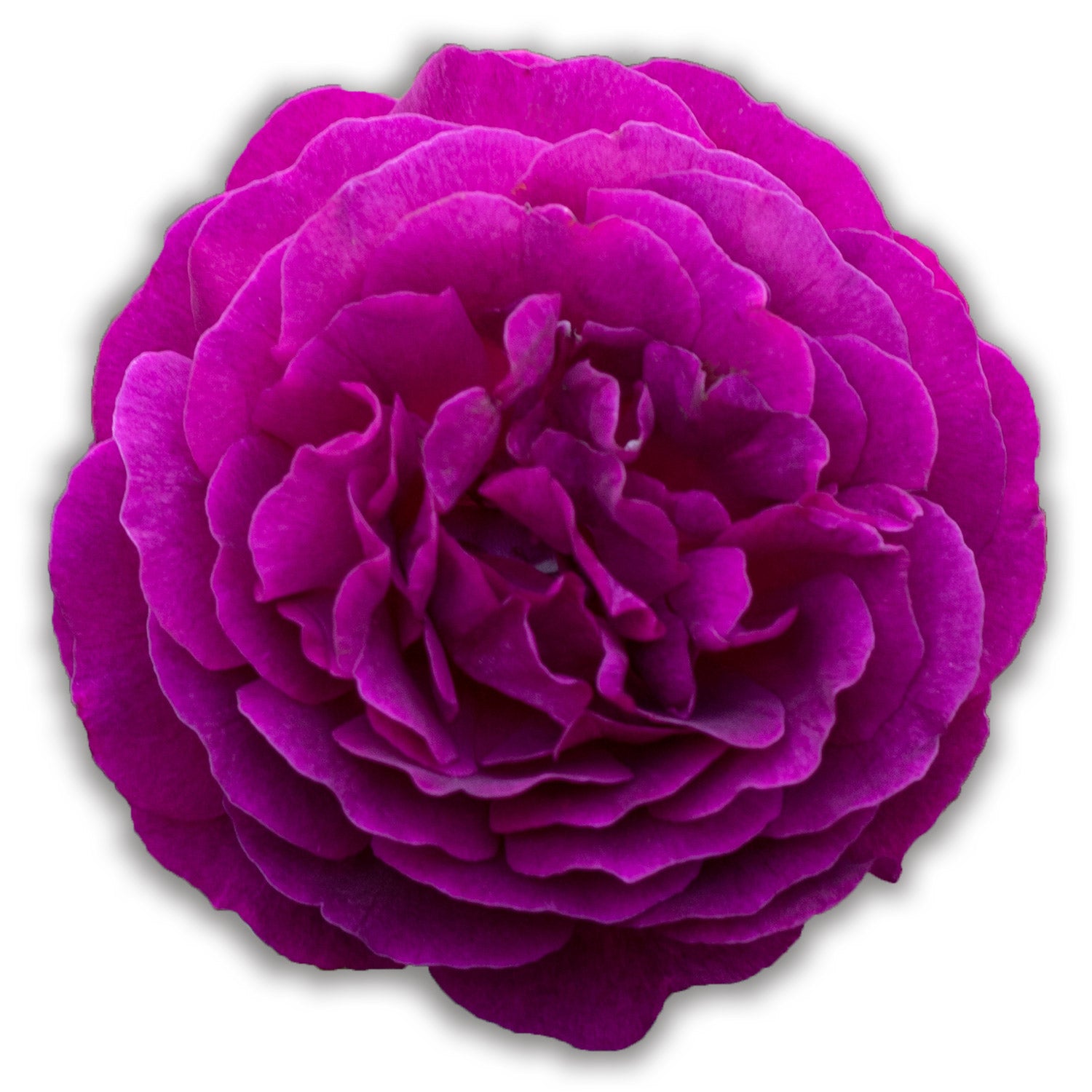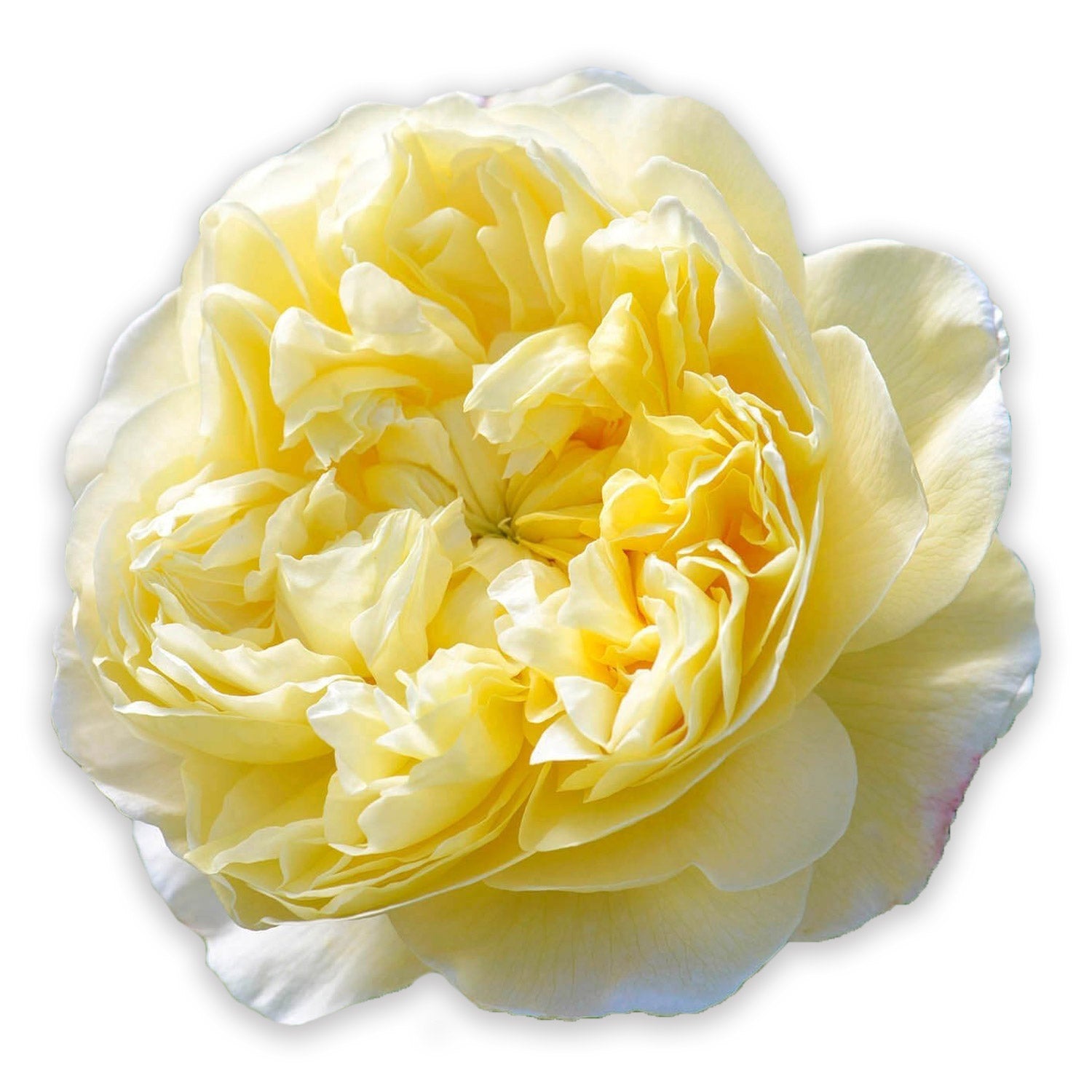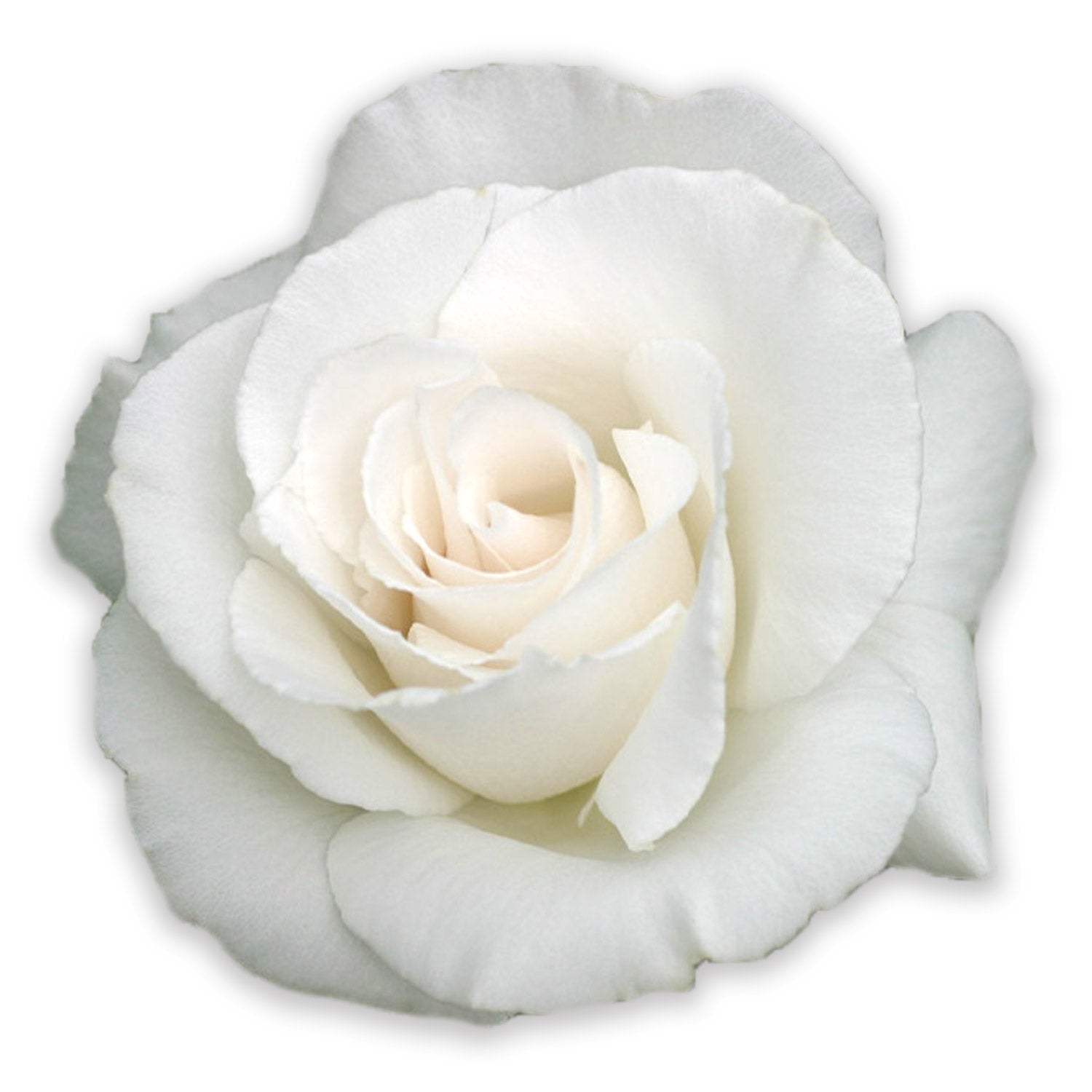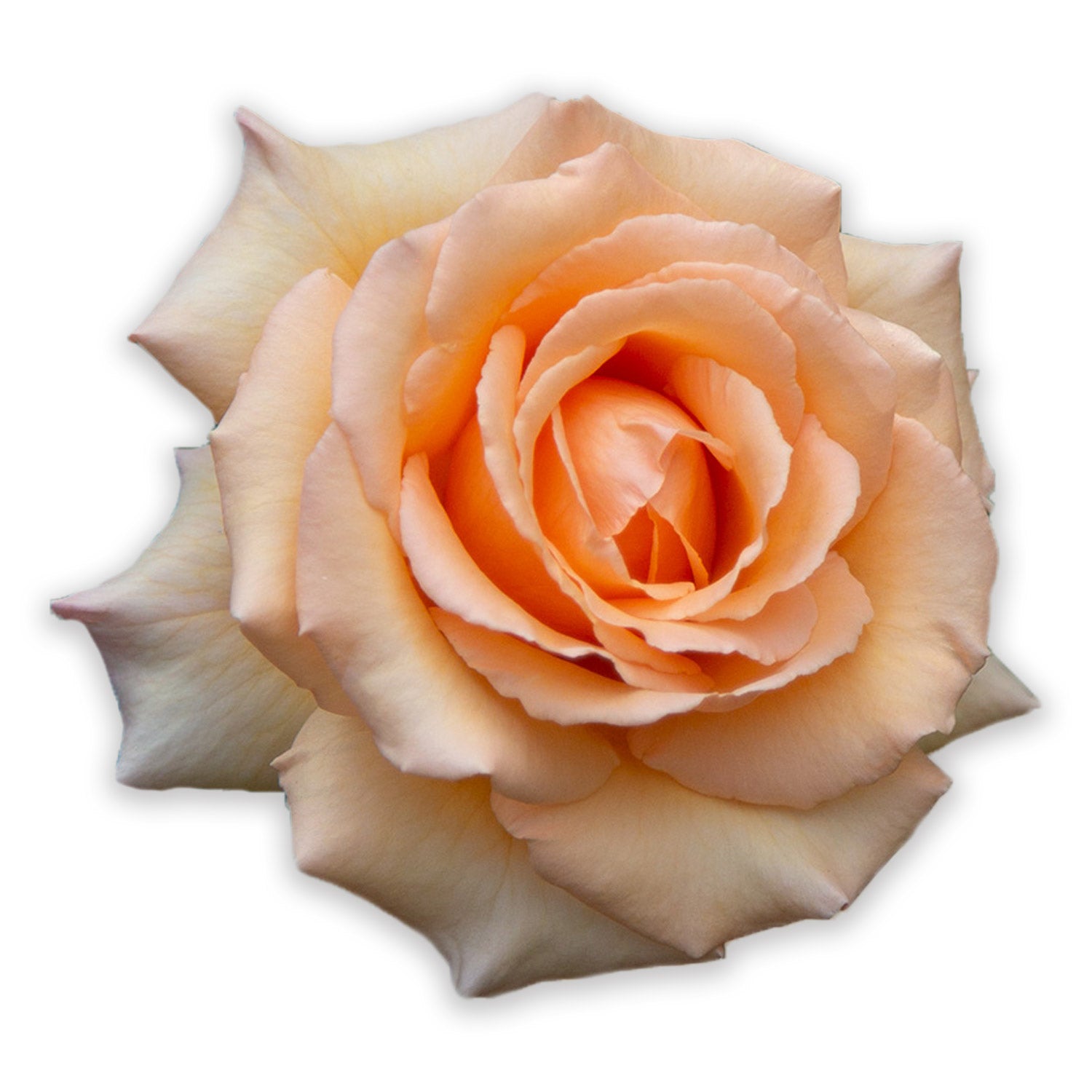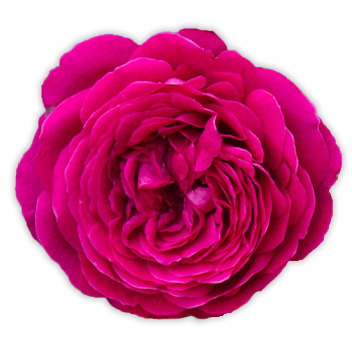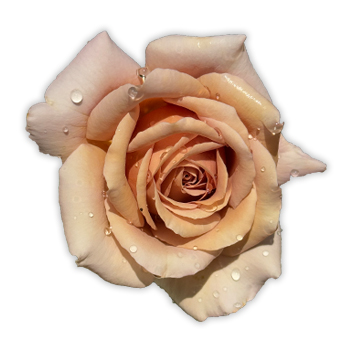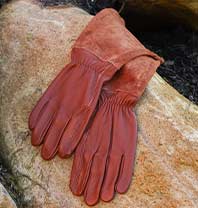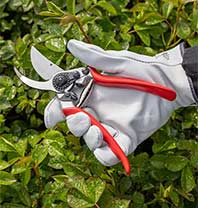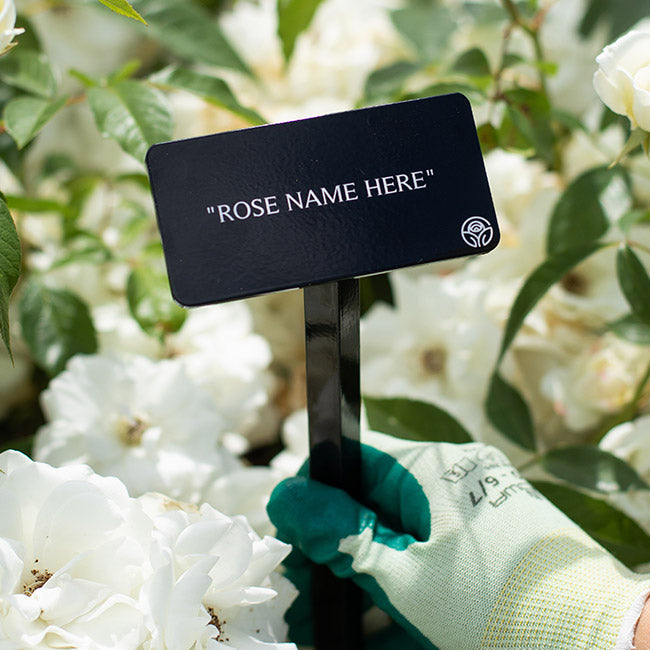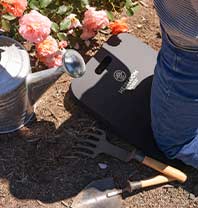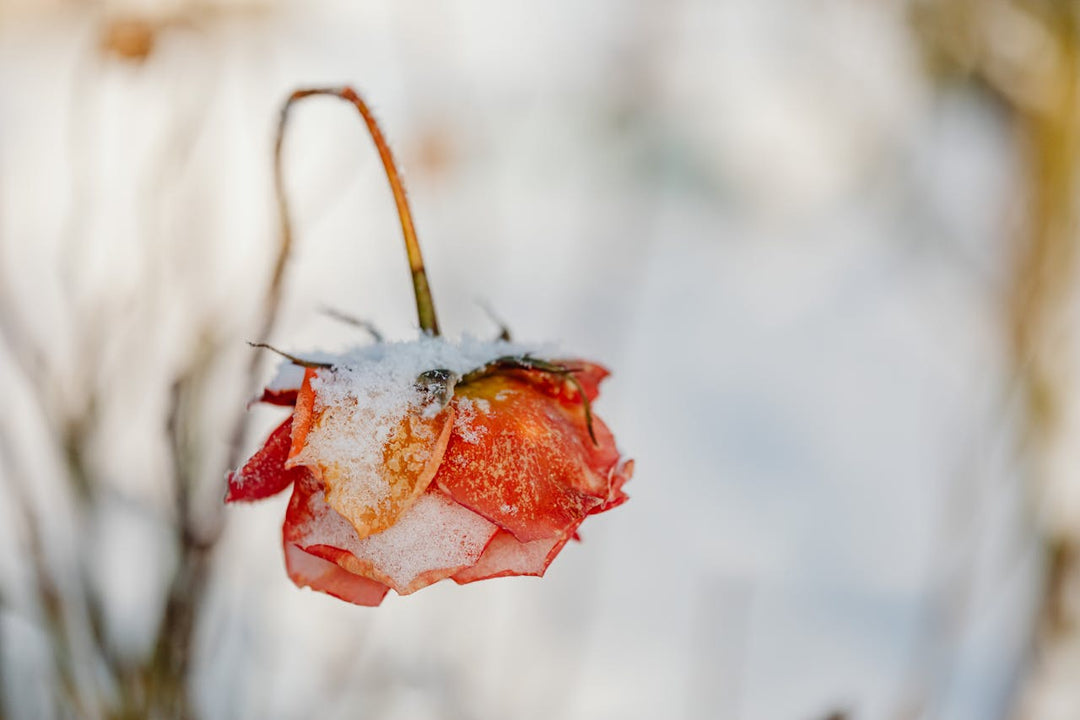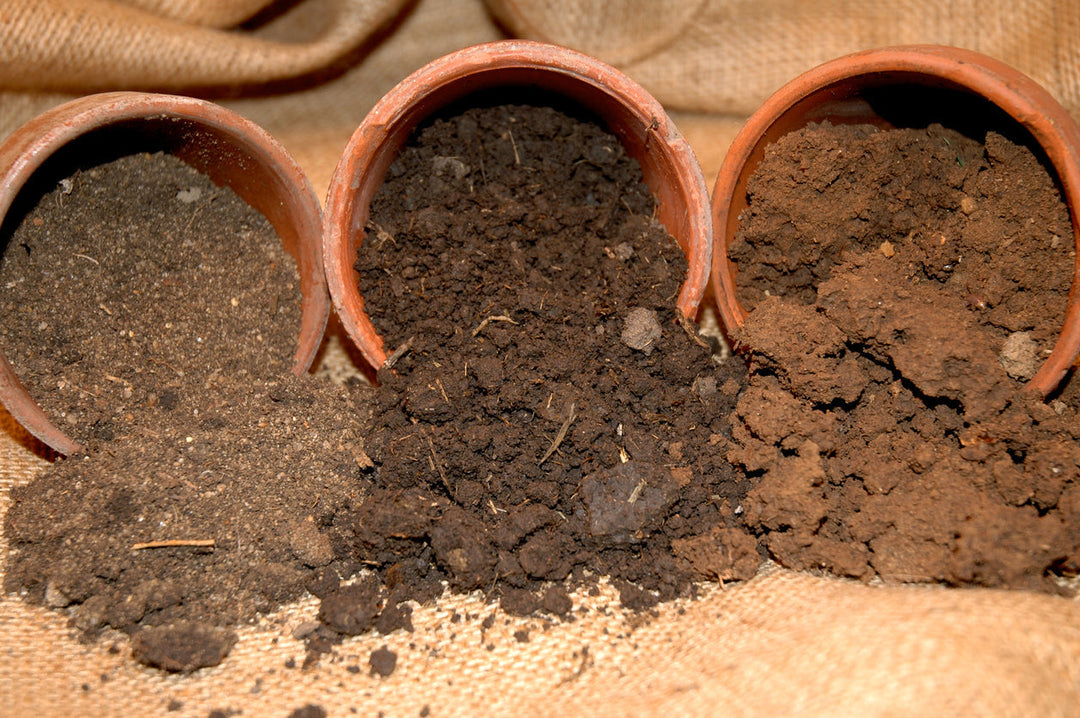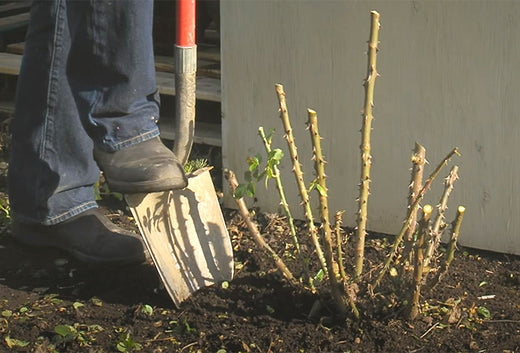What Are Different Types of Mulch for Your Garden?
Mulching your roses is an important step in ensuring their health and longevity. Adding mulch in the fall and at the time of planting provides multiple benefits, including soil improvement, water conservation, weed suppression, and disease prevention.
Benefits of Mulch for Roses
Soil Improvement
Over time, soil can lose essential nutrients and become compacted. Mulch helps improve soil quality by breaking down and adding organic matter. For clay-heavy soil, mulch enhances drainage, preventing water from pooling around the roots. In sandy soil, mulch helps retain moisture and keeps the soil from drying out too quickly. Additionally, mulch promotes aeration, which supports healthy root development and reduces disease risk.
Water Conservation
Mulch acts as a natural barrier, helping soil retain moisture by reducing evaporation. It can cut water loss by nearly 50% and lower soil temperature by up to 20 degrees. This is particularly helpful during hot summer months and in drought-prone areas.
Weed Suppression
A thick layer of mulch helps prevent weeds by blocking sunlight and smothering weed seeds before they can sprout. Any weeds that do emerge will have shallow roots, making them easier to remove.
Disease and Pest Control
Mulch reduces the spread of fungal diseases, such as Blackspot, by preventing water from splashing spores onto rose foliage. Some types of mulch also deter pests that can damage roses.
Types of Mulch for Roses
There are several types of mulch to consider, each with its own advantages and potential drawbacks.
1. Mint Compost
Mint Compost is a great option for mulching your roses. It is a nutrient-rich organic mulch made from composted mint plants.
-
Benefits: Enhances soil health by adding essential nutrients, improves moisture retention, and has a pleasant, natural scent. It also breaks down well over time, enriching the soil.
-
Drawbacks: May need to be replenished more often than wood-based mulches as it decomposes quickly, but the benefits outweigh this by far!
2. Fine Mulch
Made from shredded or chipped tree bark, this mulch is widely available and commonly used in landscaping.
-
Benefits: Helps retain moisture, regulates soil temperature, and lasts longer than finer mulches.
-
Drawbacks: Can sometimes tie up nitrogen in the soil as it decomposes, so additional fertilization may be needed.
3. Newspaper Mulch
A cost-effective and eco-friendly option, newspaper can be used as a biodegradable mulch.
-
Benefits: Suppresses weeds effectively, retains moisture, and decomposes naturally into the soil.
-
Drawbacks: Can be unattractive unless covered with another mulch layer, and must be anchored with soil or water to prevent it from blowing away.
4. Organic Compost
Homemade compost from yard waste, food scraps, and other organic materials creates a rich, beneficial mulch.
-
Benefits: Adds valuable nutrients, improves soil structure, reduces waste, and helps with erosion control.
-
Drawbacks: Can attract pests if not properly maintained, and requires time to produce.
Applying Mulch to Roses
For the best results, apply mulch in early spring and again in early fall. Spread a layer of 2 to 4 inches around the base of each rose, keeping it a few inches away from the stem to prevent rot. Thicker layers will need to be replenished less often.
Choosing the right mulch depends on your garden’s specific needs, but no matter which type you use, mulching will help your roses thrive for years to come. For a nutrient-rich, fragrant option that enhances soil health, be sure to purchase your Mint Compost at Heirloom Roses.


